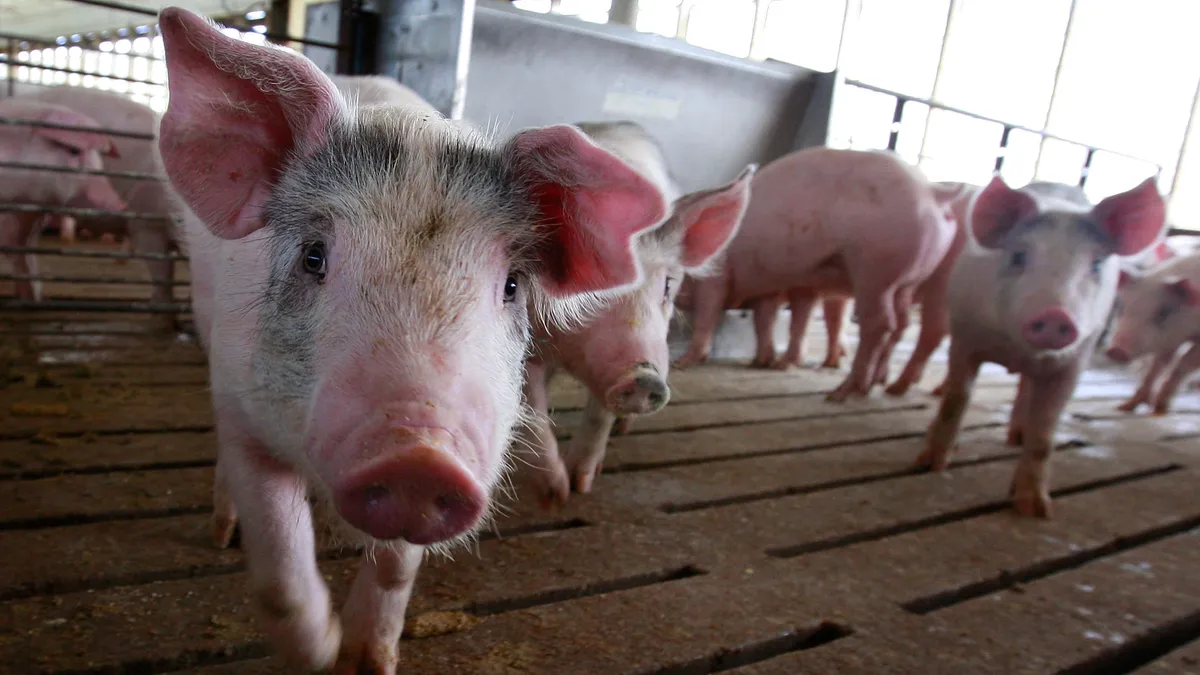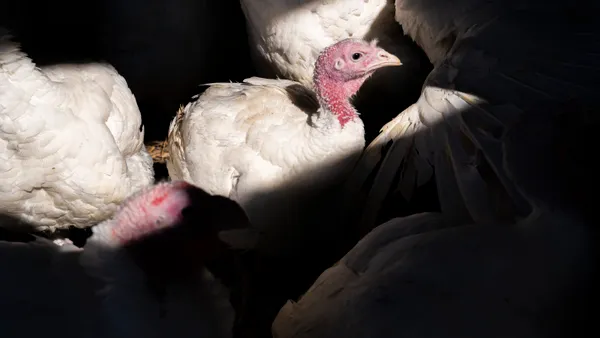Judge William Young ruled Monday that a portion of a Massachusetts law banning the sale of pork that comes from hogs raised in confinement was “unconstitutional” and in violation of a federal commerce clause.
In the ruling, Young said the exception had a “discriminatory effect” on out-of-state processors, who would have to pay higher costs to sell their pork into Massachusetts compared to peers within the commonwealth.
The judge ordered for the law’s “slaughterhouse exception,” which allows certain processors to directly sell non-compliant pork to consumers, to be severed. The rest of the legislation has survived the legal challenge by the pork industry for now.
Young also ruled that the commonwealth’s exception fails to prevent the sale of non-compliant pork within Massachusetts.
The contested law, known as the Prevention of Farm Animal Cruelty Act, or Question 3, mirrors California’s Proposition 12 law that took effect earlier this year. Both laws impose confinement requirements on out-of-state pork producers and prohibit the sale of pork within the state from hogs raised in a way inconsistent with state animal housing regulations.
“Although the slaughterhouse exception violates the dormant Commerce Clause, it does not render the entire Act unconstitutional; instead, the provision may be severed from the rest of the Act,” Young wrote in his decision.
As part of the ruling, the judge denied an attempt by Massachusetts to dismiss the legal challenge.
Last summer, Triumph Foods, a Missouri-based pork producer, sued Massachusetts to stall the Q3’s implementation on Aug. 24, arguing the law had discriminatory trade restrictions that could hurt small businesses.
“Free and fair interstate commerce is vital for the economic prosperity of our country,” Triumph President and CEO Matt England said in a statement with the lawsuit. A collective of smaller Midwest farmers and pork producers are also plaintiffs in the ongoing case.
The case is Triumph Foods, LLC, et al, v. Campbell, et al, in the U.S. District Court for the District of Massachusetts, No. 23-cv-11671.











